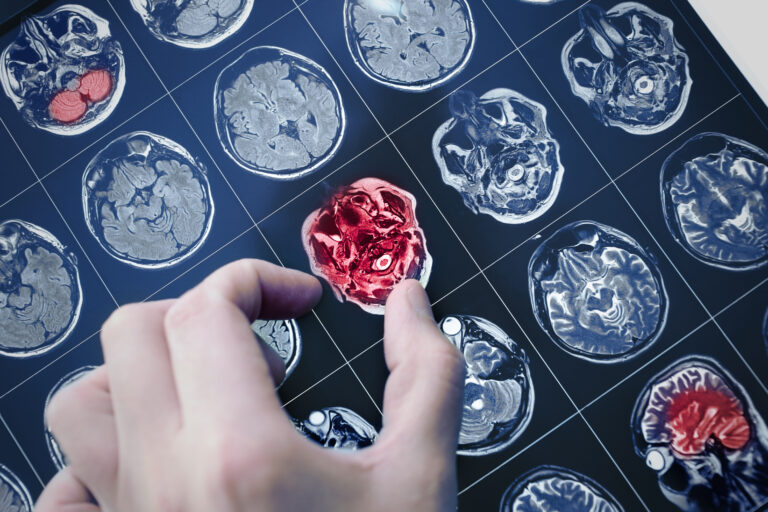Huntington’s disease, a fatal neurodegenerative disorder, has long been a focus of intense medical research due to its devastating impact on individuals and families. The disease is caused by a single genetic defect in the HTT gene, leading to the production of a toxic version of the huntingtin protein. This protein gradually destroys neurons in parts of the brain responsible for voluntary movement, thinking, and behavior[1]. For decades, there has been no cure or effective treatment to halt the progression of Huntington’s disease, only management of its symptoms.
However, recent breakthroughs in gene therapy have brought new hope to those affected by this condition. In October 2025, significant attention was drawn to an experimental gene therapy called AMT-130, developed by the biotech company uniQure. This therapy has shown remarkable promise in slowing the progression of Huntington’s disease, potentially offering the first licensed treatment to do so[1][2].
### The Breakthrough: AMT-130 Gene Therapy
AMT-130 is designed to target the root cause of Huntington’s disease by reducing the production of the toxic huntingtin protein. The therapy involves delivering a gene that encodes for a microRNA, which specifically targets and silences the mutant HTT gene responsible for the disease. This approach aims to prevent further neuronal damage and slow down the disease’s progression[1].
Clinical trials for AMT-130 have yielded impressive results. According to recent data, patients treated with a high dose of AMT-130 experienced a significant reduction in disease progression compared to those in a control group. Specifically, the therapy slowed disease progression by as much as 75% over a three-year period[1][3]. This was measured using the Composite Unified Huntington’s Disease Rating Scale (cUHDRS), a tool used to assess the progression of Huntington’s disease. Patients receiving AMT-130 showed a mean cUHDRS change of –0.38, compared to –1.52 for those in the control group[3].
Furthermore, AMT-130 led to a notable reduction in neurofilament light chain (NfL) levels in cerebrospinal fluid, a biomarker of neurodegeneration. The mean reduction in CSF NfL was approximately 8.2% from baseline, providing supportive evidence of the therapy’s efficacy[2].
### Implications and Future Directions
The success of AMT-130 in clinical trials marks a significant milestone in the fight against Huntington’s disease. If approved, it would be the first gene therapy licensed to slow the progression of this condition, offering new hope to patients and their families[1][2]. The potential for AMT-130 to preserve years of quality life by delaying the onset of severe symptoms is substantial. It could allow individuals to maintain their independence and continue contributing to society for longer periods[3].
The FDA has aligned with uniQure on using cUHDRS as an intermediate clinical endpoint for accelerated approval submission, with reductions in NfL levels providing additional supportive evidence[2]. This alignment suggests that regulatory approval could be on the horizon, potentially by 2026[2].
While AMT-130 represents a groundbreaking step forward, it is crucial to note that it is not a cure for Huntington’s disease. Instead, it offers a promising treatment option that could significantly improve the quality of life for those affected. Further research and clinical trials will be necessary to fully understand the long-term effects and potential side effects of this therapy.
### Conclusion of Current Status
As of October 2025, Huntington’s disease has not been cured, but the development of AMT-130 gene therapy marks a major breakthrough in managing the disease. The therapy’s ability to slow disease progression by up to 75% offers unprecedented hope for patients and their families. While regulatory approval is pending, the potential for AMT-130 to become the first licensed treatment to slow Huntington’s disease progression is substantial.
### References:
[1] https://www.sciencealert.com/breakthrough-gene-therapy-slows-huntingtons-disease-by-75
[2] https://www.neurologylive.com/view/gene-therapy-amt-130-meets-endpoints-huntington-study-fda-submission-follow
[3] https://www.statnews.com/2025/09/24/huntingtons-gene-therapy-uniqure/
[4] https://www.advisory.com/daily-briefing/2025/10/02/around-the-nation





